At UNISPARES INDIA, we conform to international standards for our production management and operations mechanisms. We possess best-in-class facilities for a complete product development cycle, from design to packaging, and employ world-class CNC and conventional machines to ensure precise tolerances and excellent finishing. Our operations are managed by a team of highly skilled employees from diverse disciplines, such as automotive engineering, mechanical engineering, quality control, technocrats, and workers. Unispares India is equipped with impressive manufacturing capabilities, boasting two units spanning over 11,500 square meters. Our facilities are fully outfitted with cutting-edge machines and top-of-the-line quality control equipment. With a forging plant occupying 10,000 square meters, our highly skilled engineers have the expertise to forge any standard or special parts to your precise specifications. Whether it’s Stainless Steel Forging, Alloy Steel Forging, or Carbon Steel Forging, we can cater to all your forging needs under one roof. Additionally, our second unit, spanning over 1,500 square meters, houses over 100 state-of-the-art machines to deliver high-quality machined parts. Read More
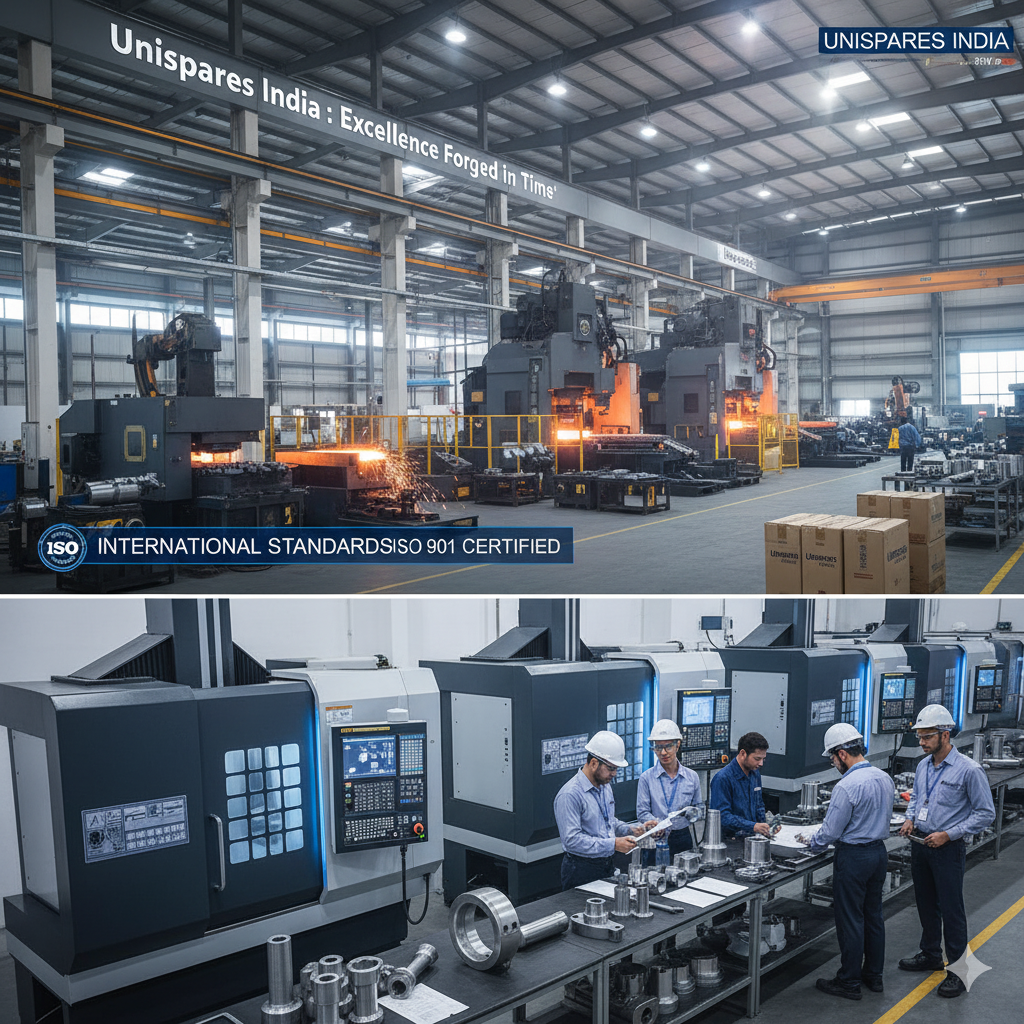
We are committed to product upgrades and innovation to provide maximum efficiency.
We give importance to product quality and strictly control all aspects
If you have questions or any details to communicate with us, please do not hesitate to contact us.


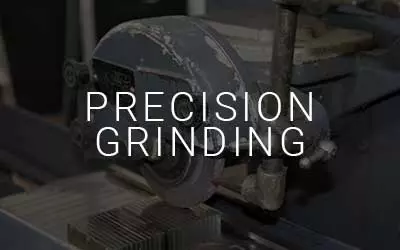
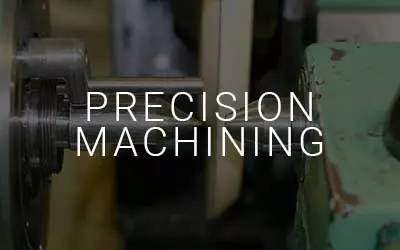


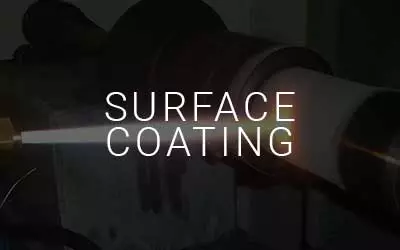

One of the biggest reasons why you choose us over others is we entertain all our clients. No matter whether they require small quantities or large quantities, we make the use of the same methods, and with great precision we produce the components. For our clients they can shop everything under one-roof. We have all in house facilities available to entertain the smallest to largest quantity production with our efficient machinery.
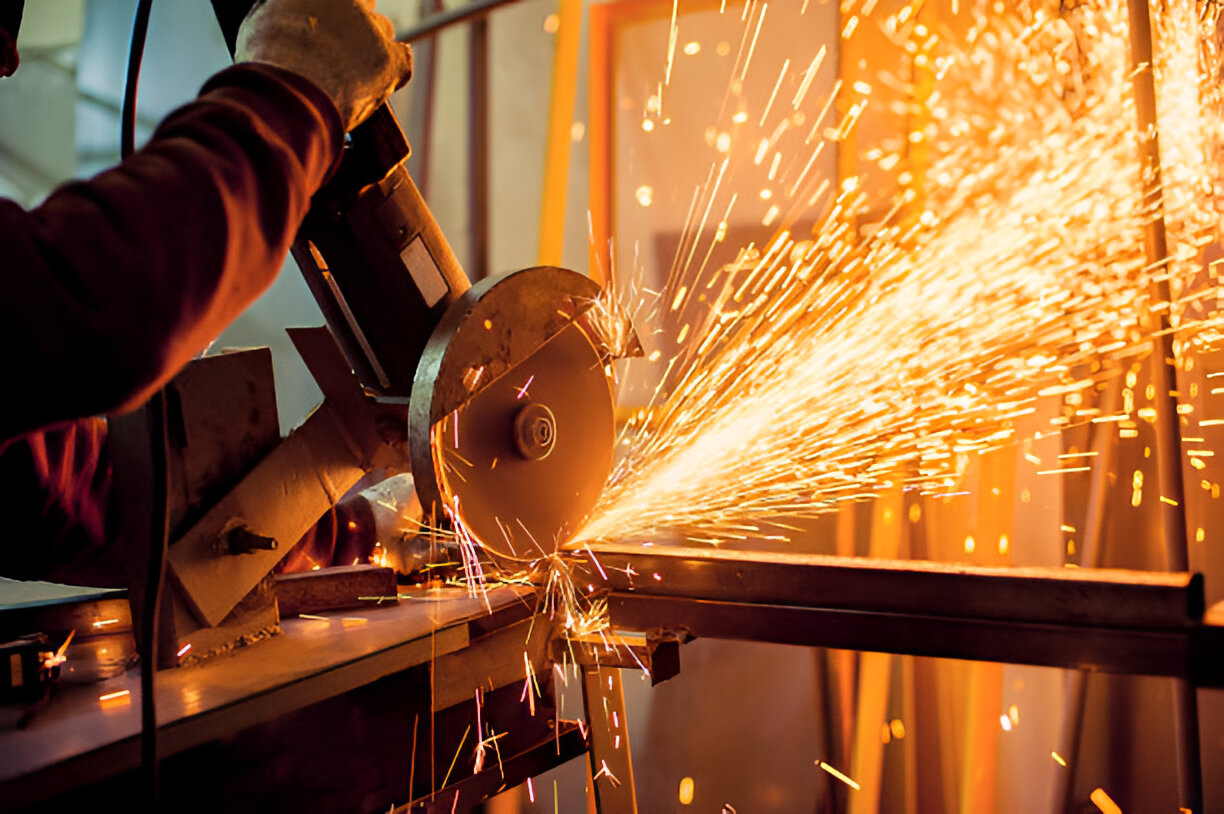
Over the course of the past two decades, we have experienced tremendous growth as both a manufacturer and supplier of quality products. With a strategic focus on the European market, we proudly export 65% of our products to OEMs and Tier 1 & 2 companies across Germany, Hungary, and the Netherlands. Additionally, we have a growing presence in the USA, Ireland, and Canada. Our flexible approach, allowing us to cater to client's needs regardless of order size, has helped us to strengthen our position in the market and gain an edge over our competitors. We are also committed to product upgrades and innovations to provide maximum efficiency.
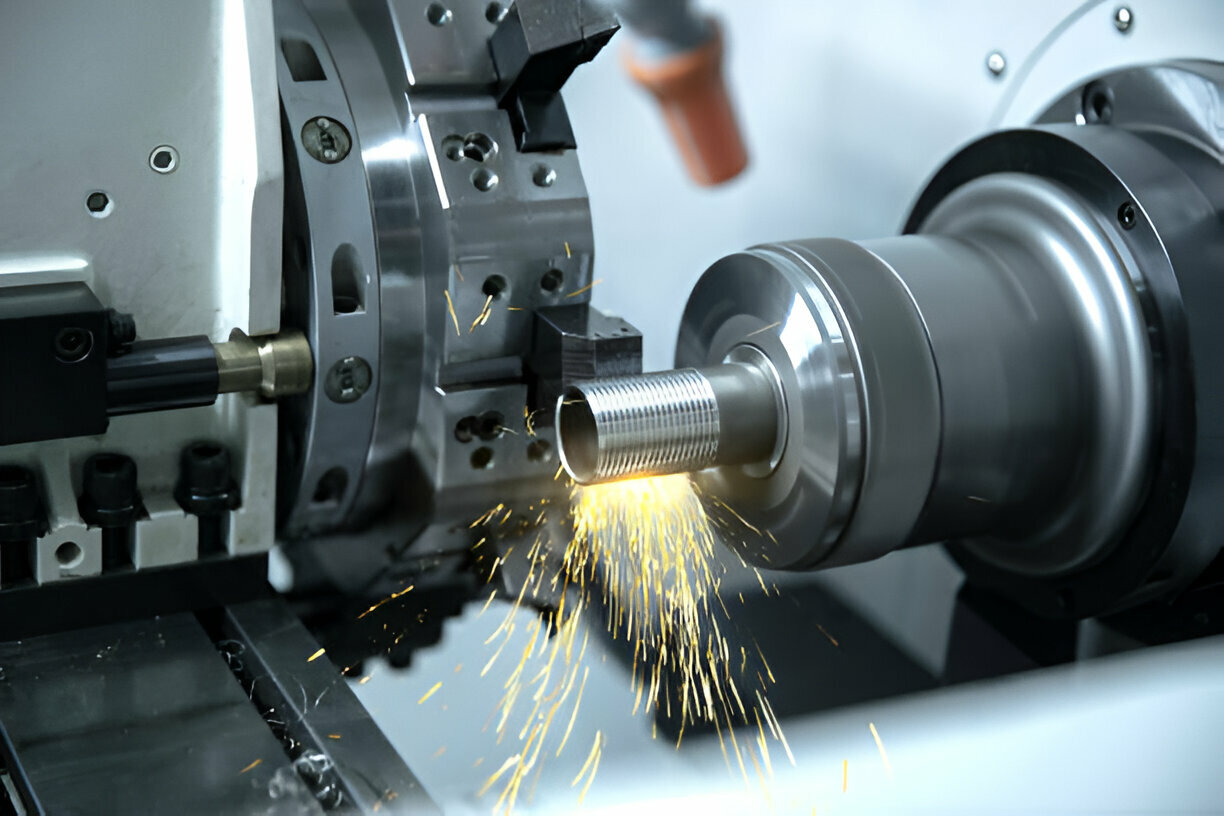
Precision machining is a critical process that removes excess raw material from a component while maintaining close tolerance finishes. This ensures a precisely shaped final product that meets industry standards. At Unispares India, we specialize in manufacturing high-quality parts and components for agricultural, construction, industrial, and automotive machinery. Our precision machining process involves advanced equipment such as cutting, milling, turning, and electrical discharge machines, all controlled by CNC (Computer Numerical Control) technology. Whether for small or large parts, our solutions cater to a wide range of applications, including tractors, harvesters, cultivators, seed drills, spreaders, and other heavy machinery.
Unispares India powers industries worldwide with top-quality machinery components. From high-performance tractor parts to durable construction machinery components, precision grinding solutions, and hydraulic systems, our products enhance efficiency and performance. With Unispares India, industries stay ahead, backed by engineering excellence and innovation!
The company is highly regarded and best known for providing quality machine parts to OEM (Original Equipment Manufacturer) and supplier companies. We have been a major supplier for providing quality machinery parts and equipment to agricultural machinery, heavy earthmovers, and automotives all across India.
Recent Activities
Unispares India